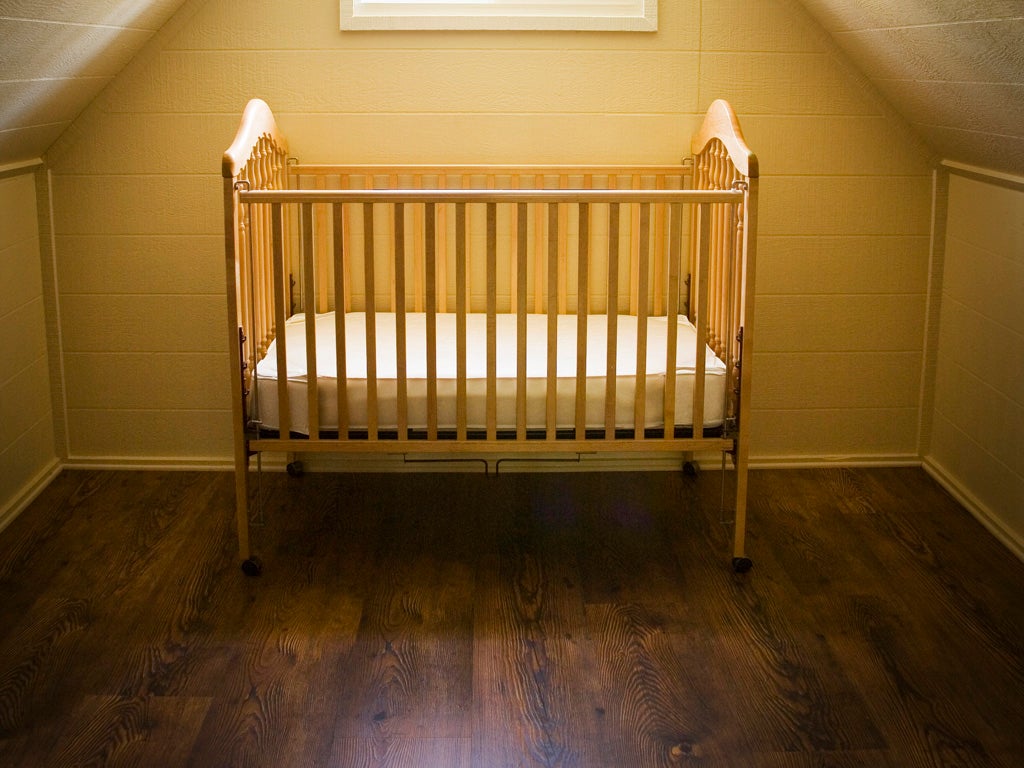Miscarriage isn't the same experience for every parent, but the aftercare needs to be sensitive every time
Miscarriages are more common than realised, but it's vital that anyone who suffers gets the right level of understanding in their care.

Discovering you’re pregnant is a joyous and momentous occasion for many.
Sadly however, it doesn’t always result in a happy ending. Each year, there are 168,000 miscarriages (20% of all pregnancies) as well as at least 11,000 (1/100 pregnancies) ectopic pregnancies (where the pregnancy grows outside the womb). An overwhelming majority of these occur in the first 12 weeks of pregnancy and the commonest symptoms are pain and bleeding. Early pregnancy problems are thus very common.
For the women themselves, it can be a frightening and traumatic time. We know some women may feel rushed through services, many may think they’re not being given enough information and support and, if a woman in the early stages of pregnancy was to suddenly begin bleeding, she may not know where to go for help or what to do.
Of course, there are also stories where women have received fantastic care and support, but it is a shame that not all women have glowing things to say, particularly when it comes to a sympathetic ear and information giving. What we ideally want is for those tales of top-notch care and treatment to be emulated across the country.
This is the aim of new guidelines published by the National Institute for Health and Clinical Excellence (NICE) for the NHS on the diagnosis and management of ectopic pregnancy and miscarriage – for best practice to become standard practice across England and Wales. It makes a variety of recommendations, all aimed at providing women with the right treatment, care and support at the right time.
The recommendation for regional services to be organised so that a seven-day service is available to women with early pregnancy complications is a big step forward in ensuring timely diagnosis and care. Women will now know that there is somewhere they can be referred to that will be open 7 days/ week, which will give them access to specialists and where scanning can be carried out. During the hours when this service is not available, a telephone number should also be given to women so that they can call someone at any time of the day or night if they think their symptoms are getting worse or new ones are developing. What we don’t want is for women to feel afraid and alone, without any idea of where to turn for help.
One criticism that I’ve seen levelled at the NHS before now is that healthcare staff are not always the most sympathetic or sensitive. It can be difficult for doctors and nurses, who will see women with early pregnancy complications on a very regular basis, to remember that for every woman, it is a unique and distressing time. Training for all staff should certainly help to remedy this and it’s something that is now included in the training of all junior doctors– it costs nothing to be nice, after all.
It’s also important that women get adequate information; what we certainly don’t want is for them to feel as if they’re being moved from service to service, from pillar to post, without knowing what’s happening. From now on, we hope women will get information at every stage of their care as well as a follow-up appointment afterwards so that they always know what to expect..
Of course, making sure women get good treatment is one thing but this can’t happen without a diagnosis and this is where GPs in particular, play an important part. When a woman of childbearing age visits them in their surgery with a health complaint that might possibly indicate a miscarriage or ectopic pregnancy, it’s imperative a pregnancy test is carried out. Ectopic pregnancies can display a variety of non-specific signs and symptoms and of course, if a baby continues to develop outside the womb in the fallopian tube, it will eventually rupture and could possibly cost the mother her life. Two thirds of deaths from ectopic pregnancies are due to missed or late diagnosis. This new NICE guideline should be an extremely useful aid to prevent these tragedies from happening.
Pregnancy can be such a worrying time; you may fret over whether your baby is moving too much or too little; if your baby is big or small for its gestational age, or if your baby is healthy – the list can be endless. I hope these new guidelines will help women who experience early pregnancy complications of this type can feel assured that the care they get from the NHS will be the best care possible and that they will supported and less traumatised by the experience.
Join our commenting forum
Join thought-provoking conversations, follow other Independent readers and see their replies
Comments
Bookmark popover
Removed from bookmarks